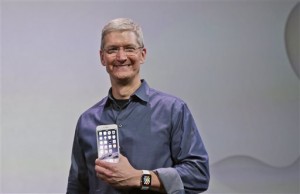An interesting thing happened in the world of company policies today. Virgin Group’s Founder, Sir Richard Branson unveiled of a company wide policy allowing employees to take an ‘unlimited holiday’[1], meaning that employees are free to take as many days off in a year as they like, provided they are up to date with all their work. The idea, Branson admits, came from silicone valley giants like Apple and Google, where offices and corporate culture focus to make work, less like work by providing employees with services and amenities. The move hopes to encourage and develop a relationship of trust between the company and the employees, making the workplace more casual and less restrictive.[2]
This is an interesting corporate policy strategy because it changes the established company-employee paradigm at Virgin, making employees more focused on achievement and efficiency rather than just being at work because they have to. I think that this is a smart move on the part of Virgin because it will not only attract prospective employees to Virgin but also encourage current employees to work more efficiently so that they can take more time off work thus providing Virgin with a competitive edge because of increased efficiency.
[1] Perkins, Anne. “Richard Branson’s ‘unlimited Holiday’ Sounds Great – until You Think about It.” The Guardian. Theguardian.com, 25 Sept. 2014. Web. 25 Sept. 2014.
[2]Prynne, Miranda. “Why Richard Branson Allows Employees To Take Unlimited Holiday Leave.” Business Insider. Business Insider, Inc, 24 Sept. 2014. Web. 25 Sept. 2014.



